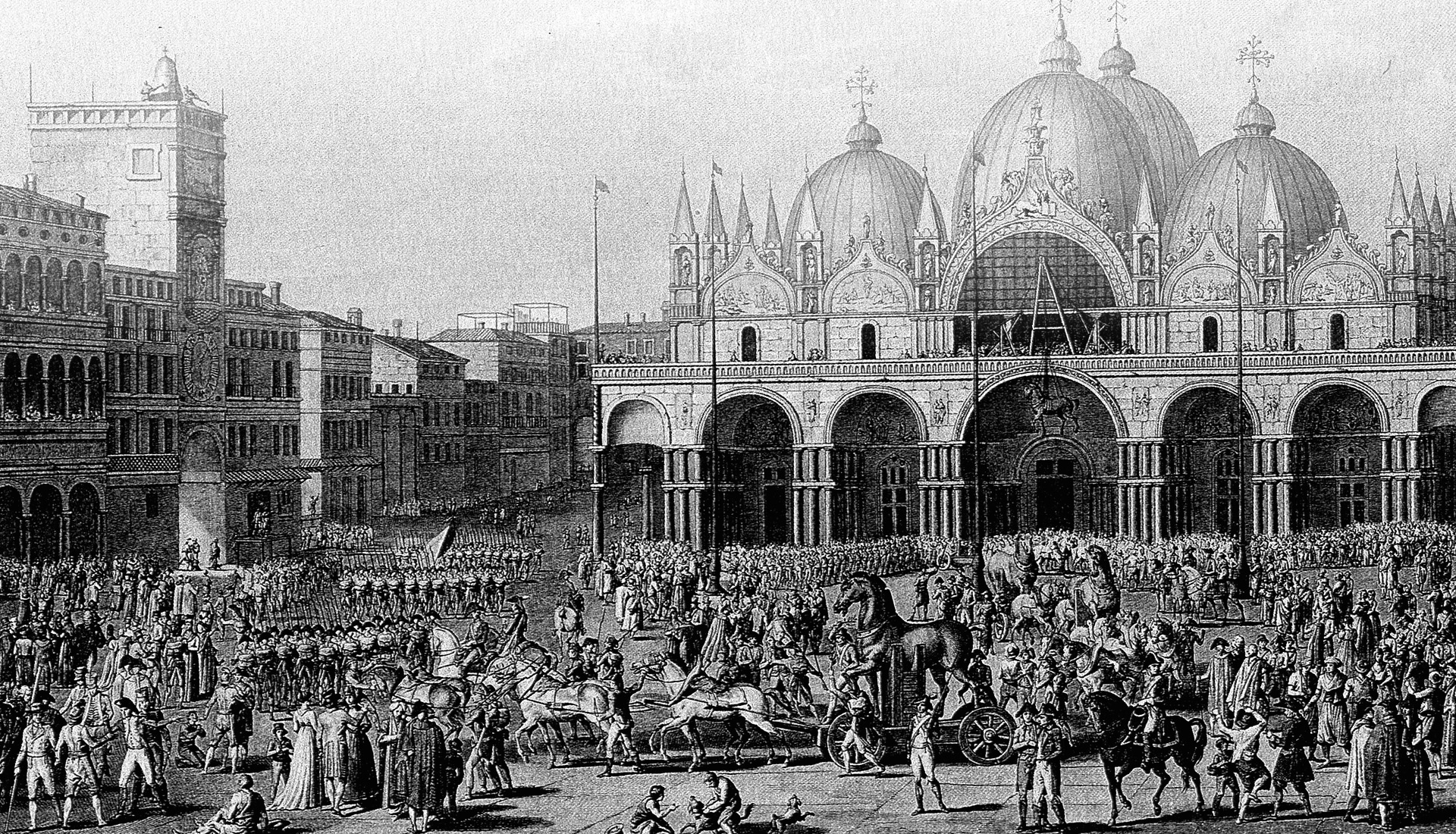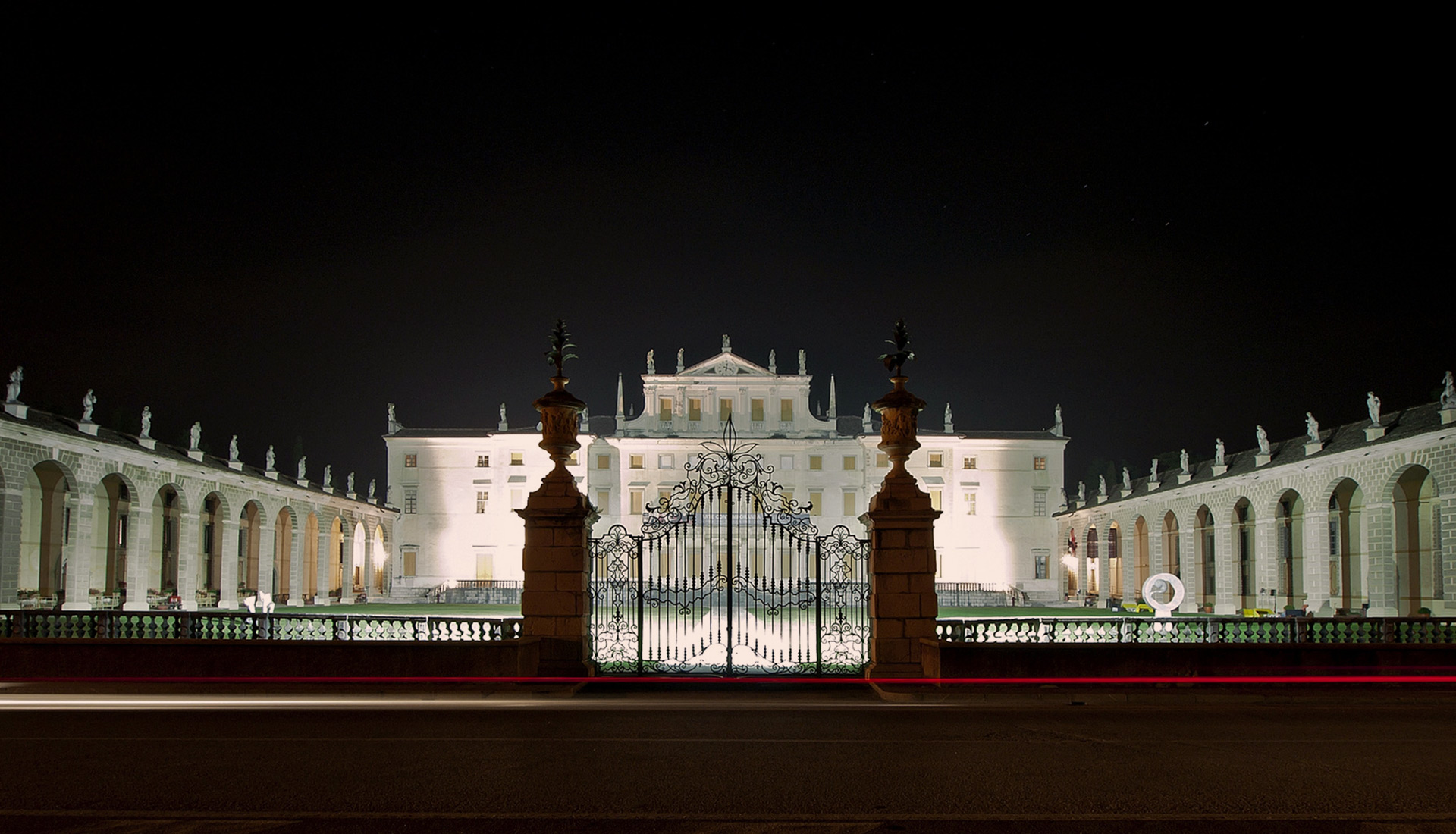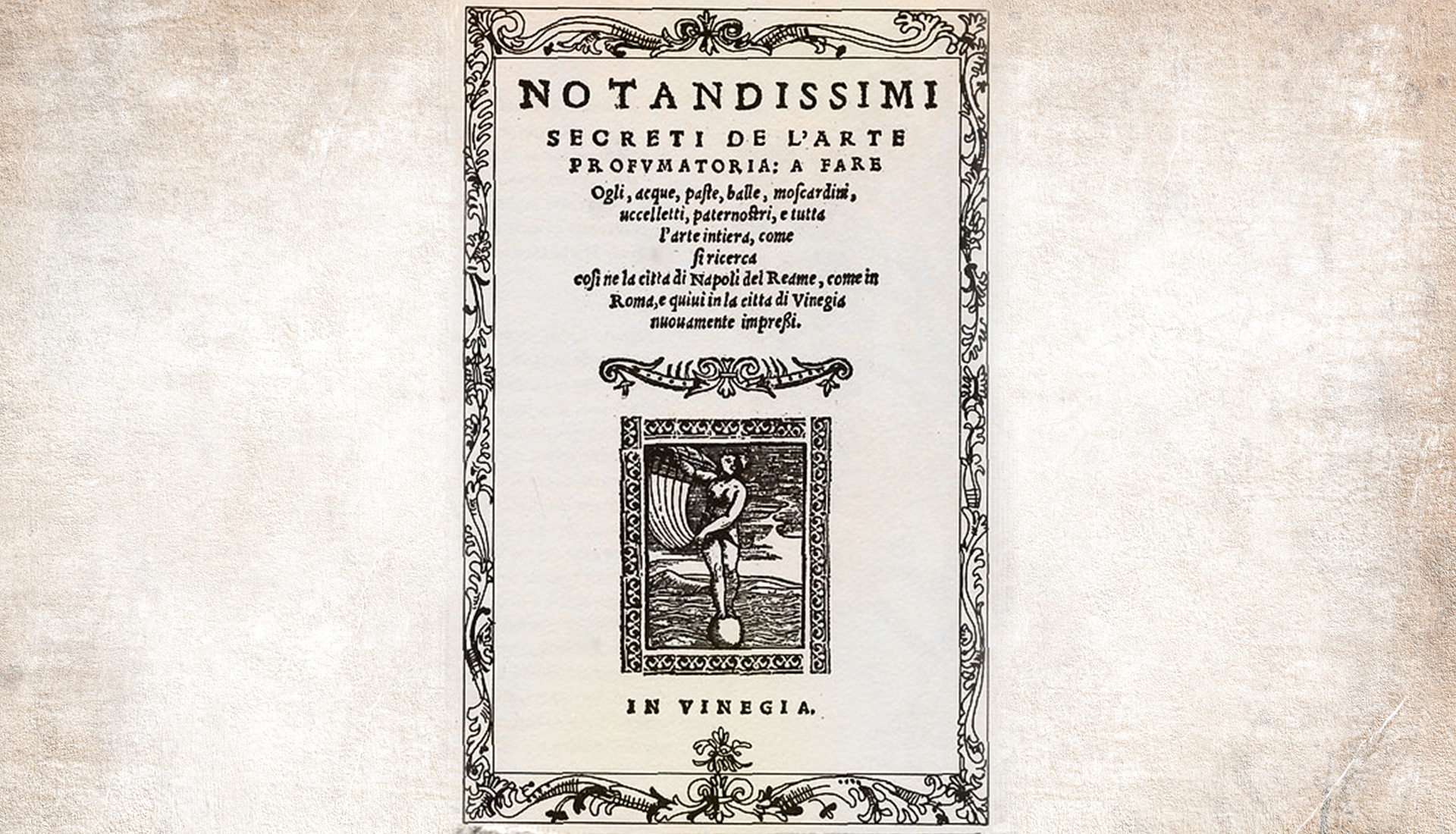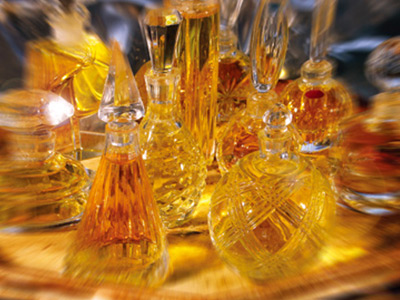The History of Italian Perfumes
Venice was a flourishing and prosperous centre for the trade and commerce of precious spices and unguents from the Orient. Unknown spices, fragrant oils and resins were brought back by navigators and explorers returning from voyages to distant lands. These new ingredients and mysterious fragrances were the raw materials necessary to give impetus to the development of the first Italian perfumes. Given the availability of these new and exotic oils and spices, the early knowledge of techniques in blending them and the means of preserving these essences within the beauty of fine Murano glass, Venice became a natural location for the early creation of perfumes. During this initial period, Venice captured the attention of surrounding countries with its highly prized Murano glass. As early as 1354, a regulation was passed in Vienna to reserve a special area in the marketplace for Murano glass. The fame of these artistic glassmakers was so great that they began to be lured away to France, England and Austria. Given their importance to the Venetian economy, they were prevented from emigrating on pain of death.

In 1535, the term Profumieri or Unguentari was reserved for those in Venice belonging to a rapidly growing sector. The first perfumer’s boutiques (botteghe) were opened and run by the Muschieri in Venice. The Italian Renaissance also gave way to one of the most important applications of technology in our sector. Thanks to the discovery of the printing press, the first publishing houses for our trade were established in Venice in the 1500’s.
In 1551, Eustachio Celebrino, a native of nearby Udine wrote one of the very first notions of a fragrance formulary, Opera Nova Piacevole Laquale insegna di far varie compositioni odorifere per far bella ciaschuna Donna published in Venice by Agostino Bindoni. Another important text was Notandissimi Secreti de l’Arte Profumatoria written by Giovanventura Rosetti in 1555.
Today, Lorenzo Dante Ferro, the last Venetian Master Perfumer remaining, continues to work from his creative perfume studio in Gradiscutta di Varmo, only a short distance from the quiet, majestic splendour of Villa Manin, summer residence of the last Doge of Venice, Ludovico Manin.

The Renaissance of Perfume
It is known that Grasse in the south of France, is the spiritual center of perfume creation, while New York, Paris and Geneva are the decisional centers in today’s fragrance markets. If Grasse gained world recognition however, it is due largely to the credit of Caterina de Medici, who, after her marriage to Henry II, brought not only a new and refined culinary art to her new home in Grasse, but also the fashion of wearing perfumed gloves scented with musk, civet or ambergris created expressly for her by Renato Bianco, better known as Renè Le Florentin, her court perfumer. Grasse, in an eager effort to support their Maitre Gantiers-Parfumeurs, encouraged the cultivation of fragrant flowers and herbs on the surrounding hills with which to perfume their gloves. Their efforts met with such success that even when the French Revolution made the Grasse style of glove obsolete, the knowledge of simple perfumery was sufficient to start an independent and rapidly growing industry. With the introduction of more delicate scents, 1789 signaled the change from perfumed leather to perfume making, from the glove to the flacon.

Aqua Admirabilis
One of the major works of this period is the now classic “Aqua Admirabilis” created by the Italian perfumer, Giampaolo Feminis. The term “Eau de Cologne” came about simply because it was created by Feminis during his stay in Cologne, Germany. The fragrance contained the most exquisite of Italian essential oils such as Bergamot, Lavender, Lemon, Orange, Neroli and Rosemary. Towards the close of his life, he called upon his nephew to take over his successful business venture. Upon his arrival in Cologne, his nephew proceeded to change the name of the fragrance, now known world-over as Jean-Marie Farinà Eau de Cologne. Although the name was given a French twist, the surname Farina may be traced to the region of Veneto and his personal contribution to early fragrance creation was no doubt aided by having spent his youth within the close proximity of Venice.
Time is of the Essence
History has shown us that throughout the centuries, perfumers have been messengers of cultural values. Their work openly demonstrates the impact of geo-politics, technological innovation and changing social tastes. It is from this tiny enclave of Gradiscutta, once under rule of the Serenissima Republic and later Austro-Hungarian Empire, that Lorenzo Dante Ferro continues to unfold the countless secrets behind perfume formulation, as one of the keepers of the Noble Secrets passed down throughout history.

